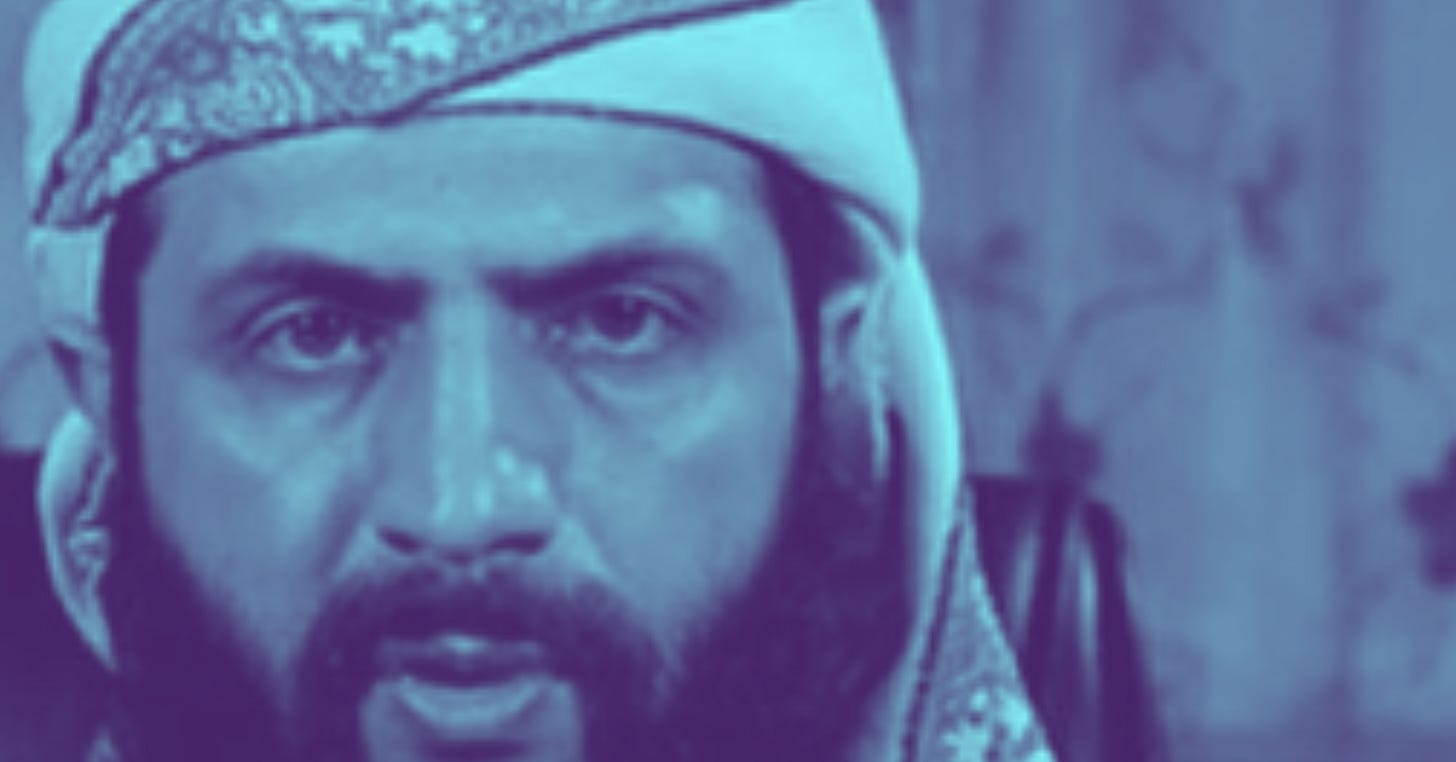Syria’s rebel leader Abu Mohamed al Jawlani has announced that no one has anything to fear from him – unless they have blood on their hands.
But what about his hands?
You don’t belong to groups affiliated with Al Qaeda and Isis by helping old ladies across the road. Nor do you carry a $10 million American bounty on your head and the US title “Specially Designated Global Terrorist” thanks to your good intentions.
For now, the West is prepared to talk to Syria’s de facto leader because he holds a sizable chunk of the country, including the capital Damascus, and is making the right noises about inclusivity and tolerance. But if future generations are to have any protection from the kinds of tyrants who litter the Middle East, then he will need to answer the many outstanding allegations against him.
Asked this week about his past, Al Jawlani said he hadn’t committed any crimes that justified being called terrorism…. but he added an apparent qualification that raises question marks.
“In the last 14 years,” he said, “we haven’t targeted any civilians or civilian areas.”
So what about those earlier years?
An account from the Encyclopedia Britannica says that ahead of the US invasion of Iraq in 2003, Al Jawlani joined a particularly brutal Al Qaeda affiliate in Iraq which was “involved in near-daily attacks, suicide bombings and even the targeting of Iraqi citizens.” Moreover, in 2004 his group even faced a reprimand from Al Qaeda leaders “for the sheer amount of bloodshed at its hands.”
According to the US State Department, several years later Al Jawlani went on to head Al Qaeda’s affiliate in Syria (ANF), which “carried out multiple terrorist attacks throughout Syria, often targeting civilians.”
“In June 2015, ANF claimed responsibility for the massacre of 20 residents in the Druze village of Qalb Lawzeh in Idlib province, Syria.”
These are serious allegations – and the de facto Syrian leader deserves the opportunity to prove the innocence that he currently declares.
Will that happen? Don’t count on it.
One of the most popular diplomatic mantras these days is: “That was then – this is now. Let’s not dwell on the past; let’s get on with planning for the future, feeding the hungry, and rebuilding what has been destroyed.”
Of course, there are humanitarian priorities. But the time taken to bring prosecutions and the refusal of the US and other countries to engage with international justice bodies has taken its toll. Judicial accountability is a seriously endangered species on the world stage.
Look no further than The International Criminal Court (ICC), struggling without any enforcement mechanism of its own and relying on countries that often pledge support and then withdraw it to avoid political embarrassment.
When the ICC charged Israeli Prime Minister Benjamin Netanyahu with war crimes, France, a signatory to the Rome Statute, dithered publicly over whether he would be arrested, as required if he entered the country, or whether French security forces would simply offer a Gallic shrug and pretend they didn’t know he was there.
When Vladimir Putin hosted the leaders of some three dozen countries at a BRICS summit in October, did even one of them mention that tiny matter of a war crimes charge handed him by the International Criminal Court? Of course not. Why spoil a happy occasion and all that lavish Russian hospitality?
And yet that kind of studied indifference leads to a much more serious question that is already being answered. If justice becomes just an optional extra in so many parts of the world, is it any wonder that democracy, built as it is on accountability, is now having to fight for its life?
The battle isn’t over – but in many countries it soon could be.






